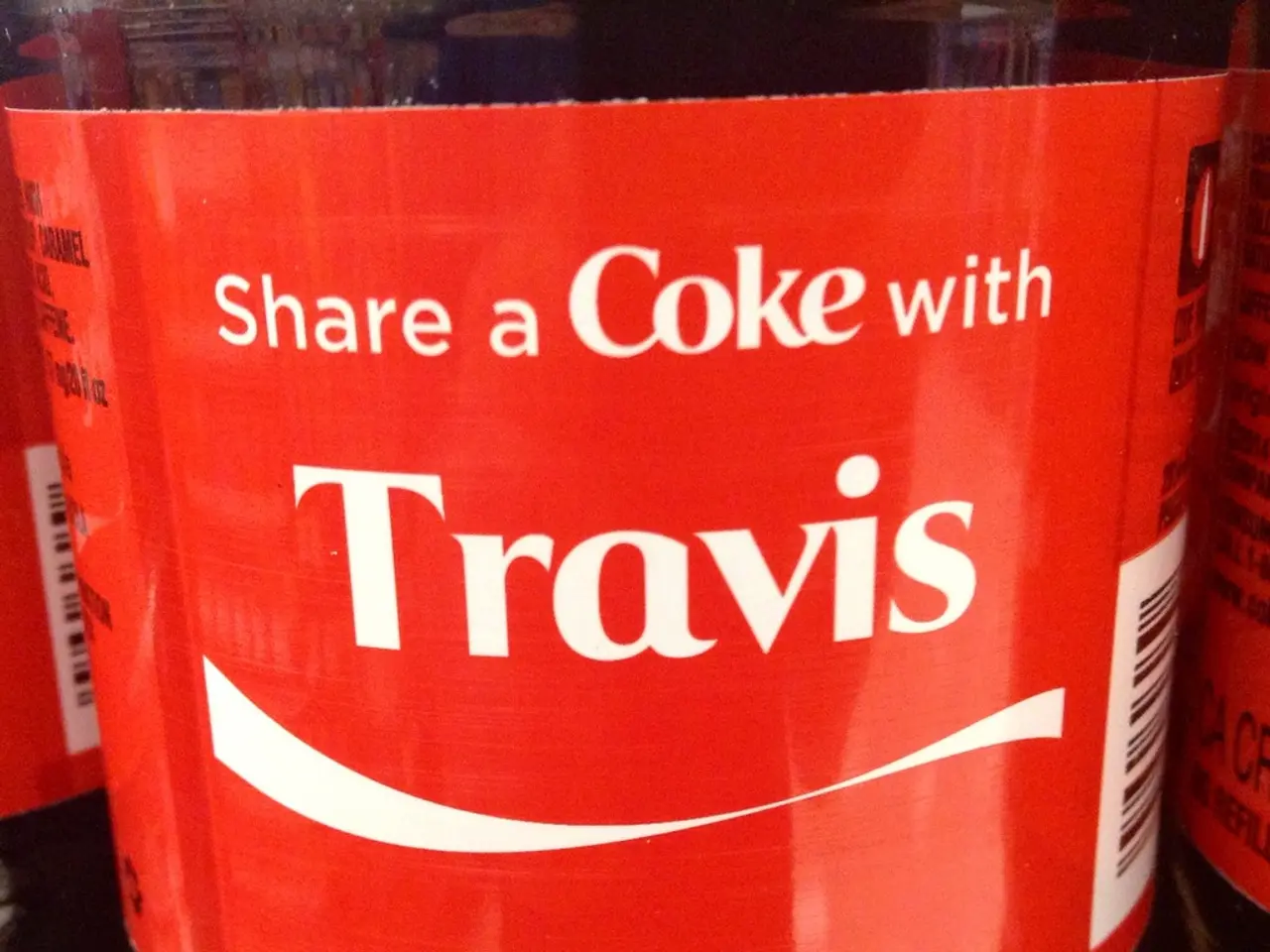U.S. authorities pursue capture of 26 cartel leaders sought by them, following agreement with Trump administration in Mexico
Mexico handed over 26 high-ranking cartel figures to the United States on Tuesday in a strategic law enforcement action requested by the Trump administration. The operation, which involved nearly 1,000 law enforcement officers, 90 vehicles, and a dozen military aircraft, aimed to prevent cartel leaders from continuing their illicit operations from Mexican prisons and to break their networks of influence.
The transfers included leaders from major drug trafficking groups such as the Jalisco New Generation Cartel (CJNG) and the Sinaloa Cartel. Among those handed over to US custody was Abigael González Valencia, a leader of "Los Cuinis," an affiliate of the CJNG. Valencia is the brother-in-law of CJNG leader Nemesio Ruben "El Mencho" Oseguera Cervantes, a top target of the US government.
Roberto Salazar, another defendant, is wanted in connection to the 2008 killing of a Los Angeles County sheriff's deputy. Servando Gomez Martinez, also known as "La Tuta," a former school teacher and drug lord, was also included in the group expelled Tuesday.
This is the second time in months that Mexico has extradited cartel figures accused of narcotics smuggling, murder, and other crimes amid mounting pressure from the Trump administration. Earlier in 2025, Mexico had also extradited 29 cartel leaders, including Rafael Caro Quintero, signifying an ongoing pattern of cooperation.
The U.S. Justice Department agreed not to seek the death penalty against these individuals to avoid violent retaliation by cartels. This operation was part of a broader effort by the Trump administration to dismantle drug cartels and curb narcotics smuggling into the US, marking a significant escalation in bilateral cooperation on organized crime.
Mexican President Claudia Sheinbaum has drawn a clear line against suggestions by Trump and others of intervention by the US military in Mexico. The transfer was not linked to broader trade negotiations despite timing concerns from Mexican officials.
Experts warned that while such transfers reduce cartel influence in Mexican prisons, continued mass extraditions might provoke future violence. This transfer exemplifies intensified law enforcement collaboration aimed at combating transnational drug trafficking and cartel violence, highlighting the Trump administration's prioritization of cartel dismantling as a national security issue.
The operation comes as President Donald Trump agreed to put off threatened 30 percent tariffs for another 90 days to allow for negotiations with Mexico. The transfers are a milestone for the Trump administration, which has made dismantling dangerous drug cartels a key Justice Department priority.
- This operation, which involved notable figures such as Abigael González Valencia, Roberto Salazar, and Servando Gomez Martinez, signifies a significant expansion in the realm of general-news, as these individuals were transferred for their involvement in crime-and-justice incidents, including narcotics smuggling, murder, and various other crimes.
- The ongoing extradition of cartel leaders from Mexico to the United States underlines the priority that the Trump administration places on politics, particularly in relation to the dismantling of drug cartels, as evidenced by the transfers of figures like Valencia, Salazar, and Martinez.








